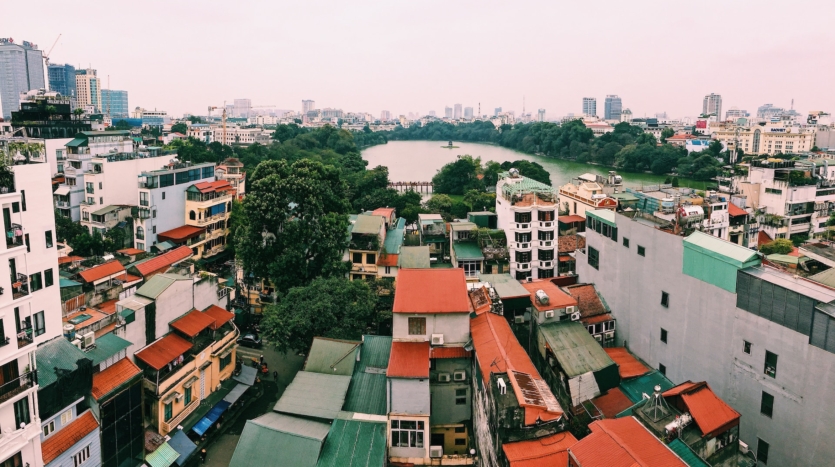The Comprehensive Guide to Renting a Home for Expats in Hanoi
Relocating to a new country or city can be an exciting yet daunting prospect. Finding the perfect home, understanding the local real estate market, and adapting to Hanoi’s captivating atmosphere are some of the challenges that expats must navigate. VietLong Housing, with more than a decade of experience in assisting thousands of expats, is dedicated to ensuring a seamless transition to life in Hanoi. In this comprehensive guide, we explore the essential steps and tips for expats looking to rent a house or apartment in Hanoi, ensuring you have all the information required to make an informed decision.
Hanoi, the bustling capital of Vietnam, offers a vibrant mix of old-world charm, rich cultural heritage, and a modern, cosmopolitan ambiance. The city is a melting pot of historic landmarks, sprawling lakes, lush green parks, and a burgeoning cafe and nightlife scene. As an expat, discovering and experiencing the best of Hanoi’s lifestyle is key to making the most of your time in this fascinating city.
When it comes to renting a home in Hanoi, understanding the local real estate market and neighborhood dynamics, as well as familiarizing yourself with the various housing options available, is critical. The Hanoi rental market offers various types of properties, including apartments, serviced apartments, houses, and villas. Each kind of residence presents its advantages and drawbacks, catering to different lifestyles and budgets. As such, defining your preferences and prioritizing your needs will make it easier to narrow down suitable options and save valuable time during your house hunt.
Expats must also be aware that rental prices in Hanoi can range significantly depending on factors such as location, property type, size, and amenities. By determining your budget beforehand, you can avoid wasting time viewing properties outside of your price range and focus on finding the ideal home for you.
In addition to managing your expectations regarding property types and budget, it’s essential to familiarize yourself with the legal aspects of renting in Hanoi, such as understanding local rental agreements and tenancy laws. This comprehensive guide will cover these topics and more to ensure a smooth and enjoyable experience in finding and securing your dream home in Hanoi.
Step 1: Research and Narrow Down Preferred Neighborhoods
Hanoi is a city of contrasts, with diverse neighborhoods each offering their unique charm and atmosphere. As an expat, it’s crucial to decide which area of the city you would prefer to call home. Your choice may depend on factors such as proximity to work, schools, restaurants, shopping centers, or recreational areas. Popular neighborhoods for expats in Hanoi include Tay Ho, Ba Dinh, Hoan Kiem, and Cau Giay. Each neighborhood boasts its distinct features, amenities, and expat communities. Take some time to research and visit these areas to get a feel for Hanoi’s different districts and hone in on the most suitable neighborhood for you.
Step 2: Choose the Right Property Type
Deciding on the type of property best suited to your needs is essential for a comfortable living experience in Hanoi. The city offers various housing options, including apartments, serviced apartments, houses, and villas. Here is an overview of each type of property to guide your selection:
1. Apartments: Typically found in high-rise buildings, apartments in Hanoi offer various sizes and layouts, catering to a wide range of budgets. They are an excellent choice for those seeking a modern, low-maintenance living space. Often, apartment complexes also include shared amenities such as swimming pools, gyms, and playgrounds.
2. Serviced Apartments: These are fully furnished properties that include additional services such as housekeeping and maintenance. Serviced apartments are ideal for those looking for a hassle-free living experience with added convenience. However, the rental prices can be higher than traditional apartments due to the included services and amenities.
3. Houses: Houses in Hanoi can range from charming, traditional-style homes to more modern, spacious designs. They often offer a more authentic living experience, providing the opportunity to immerse yourself in local life. Houses are suitable for families or those seeking more space and privacy.
4. Villas: For those seeking luxury and additional amenities, villas are the perfect option. These properties often boast expansive living areas, gardens, and even private pools. Villas are typically located in quieter, more residential neighborhoods, providing a peaceful and upscale lifestyle.
Step 3: Work with a Reputable Real Estate Agent
To streamline the process of finding and renting a home in Hanoi, partnering with a reliable and experienced real estate agent is highly recommended. Such agents possess an in-depth understanding of the local market, property options, and rental procedures. Moreover, they can help you navigate language barriers, saving you time and effort while ensuring you find the perfect property. Reputable real estate agents like VietLong Housing possess over a decade of experience in the Hanoi market, assisting expats in securing dream homes tailored to their tastes and budgets.
Step 4: Understand the Legal Aspects and Negotiations
Before signing a rental agreement in Hanoi, it’s imperative to understand the legal aspects of renting and be prepared for the negotiation process. Here are some tips to help you navigate the legalities and secure favorable rental terms:
1. Rental Agreements: Ensure you receive a written rental agreement, also known as a lease contract, and have it reviewed by a professional if you are unfamiliar with local tenancy laws. The agreement should detail essential information such as rent, security deposit, payment terms, duration of the lease, and any additional provisions.
2. Negotiations: Work with your real estate agent to negotiate and communicate any specific requests or changes to the lease terms. These may include modifications to the property, inclusion of certain appliances or furniture, or clarification of maintenance responsibilities.
3. Security Deposit: Expect to pay a security deposit equal to one or two months’ rent in Hanoi. This money is generally returned upon the completion of your lease, provided no damages to the property occurred.
4. Payments: Make sure payment terms and timelines are clearly stated in your rental contract. Typically, rent in Hanoi is paid monthly, and it’s common for landlords to request post-dated checks or direct bank transfers.
Conclusion
Renting a home in Hanoi as an expat is a manageable and rewarding process, provided you take time researching neighborhoods, choosing the right property type, working with a reputable real estate agent, and understanding the legal aspects involved. By following this comprehensive guide and utilizing the expertise of established professionals like VietLong Housing, you will find yourself settling into your dream house for rent in Hanoi, poised to embrace and explore the enchanting city around you. Get in touch with us today to see how we can help!





